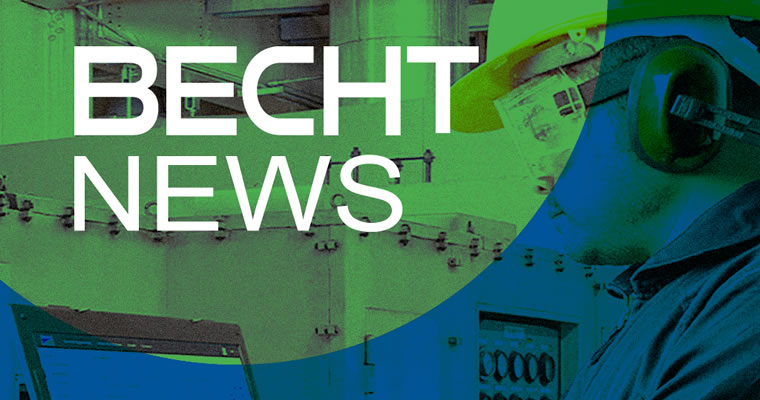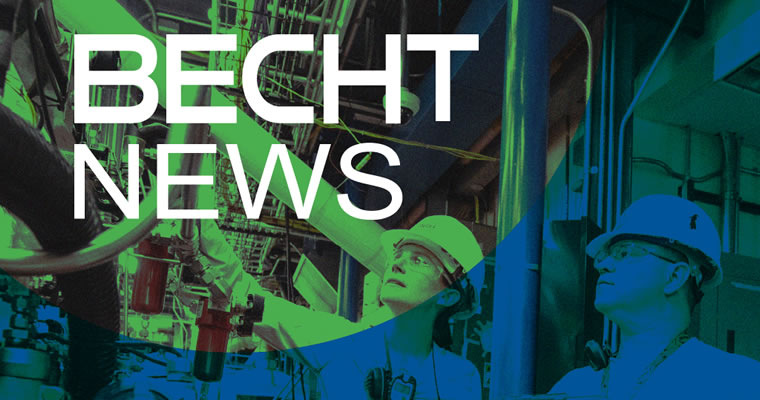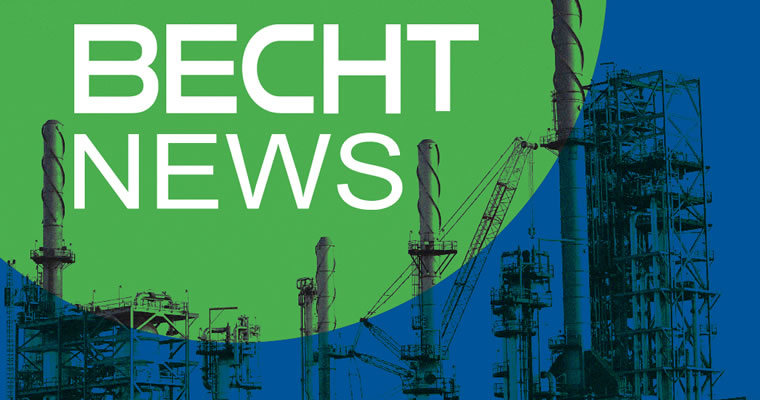Production Assurance for Investors and Owners of Low Carbon Mega-Projects
with contributing author Victor Stroud
At Becht, we get involved in Capital Projects of all shapes, sizes and complexities. Traditional oil companies, both big and small, generally follow the Front-End Loading (FEL) process and utilize some sort of gate keeping system to revalidate the business case and to monitor and ensure that the managing process is being followed. There are certainly differences in skills, staffing levels and varying degrees of adherence to the process. Executing projects is complex and achieving business objectives including: delivering the desired results on-time, on-budget and in a safe and environmentally-friendly manner, is very difficult.
While many oil refineries are cutting back on significant long-term investments, there is a significant up-tick in projects looking to produce low carbon fuels and products, driven by the need to reduce greenhouse gas emissions as well as capitalize on the significant government subsidies instituted to help make them more cost effective.
When it comes to these low-carbon mega projects there are several key differences from “traditional” energy related projects. The first is the funding and amount of FEL performed, and the second is the role of the “Owner’s Team.”
Traditional capital projects may spend up to 10% or more of the Total Investment Cost (TIC) of a project prior to officially sanctioning and funding the project to move forward. This is meant to minimize ”regret” capital, as well as mitigate risk of budget and schedule overruns. Broadly speaking, projects are funded via the cash generated by on-going operations. Many low carbon projects are undertaken by developers that are relying on governmental loans and bonds, as well as investors who are seeking either repayment of the loan (with interest – of course!) or equity in the project’s future potential. Since there is greater risk in loaning a project money prior to it being fully developed, the demand for returns is higher, resulting in less money generally budgeted for front end loading and development.
When there is less time and effort placed during the FEL stage there is a greater risk that the project will encounter issues as they relate to cost, schedule and operability. Among the key questions to ask:
- How sure are you that you are applying the optimum solution to the business opportunity?
- Does the project involve “novel technology” and is it ready to work at full scale?
- Will all the technology blocks work together under all conditions?
- Are you utilizing experienced resources to ensure “lessons learned” from previous projects are integrated in project design and execution?
Traditional capital projects undertaken by an energy company are investing in a future asset that they intend to operate and reap the rewards into the future. Therefore, when they are setting up the project team, they will have an owners team consisting of the resources who will commission, startup and run the plant. Throughout the FEL and EPC phases these owner reps are bringing their invaluable experience to ensure the asset will achieve business objectives and perform at optimum levels. Generally, these are resources who have been operating assets for many years and can provide great insight into the designs, layout, training, etc.
At Becht, we call this Production Assurance.
Frequently, the developers of low carbon projects intend to out-source the operation and maintenance of the plant to a third-party company. Consequently the company may not be brought into the project until well after the project has been funded, resulting in a lack of input into the design of the project from operations and maintenance personnel who will operate and maintain the plant. Studies show that nearly half of all issues which cause a project to miss its production capacity were baked into the design prior to the project being sanctioned (for example poor/inadequate FEL).
There are several key questions that must be addressed when contemplating the project team setup:
- Who will operate the asset and when will they be brought in?
- What system is in place for interface management, and who “owns” the managing process?
- Is there a strong, clear definition of roles and accountabilities or a RACI chart in place?
- What is the governance, and do you have independent oversite for key decisions?
- Who is ensuring Production Assurance is being instituted throughout the project?
DOES ANY OF THIS SOUND FAMILIAR TO YOU?
Becht will work collaboratively with you to help set up your project for success or perform an audit to find areas for improvement and actionable solutions… and then roll up our sleeves to make it happen! Contact Becht today.




